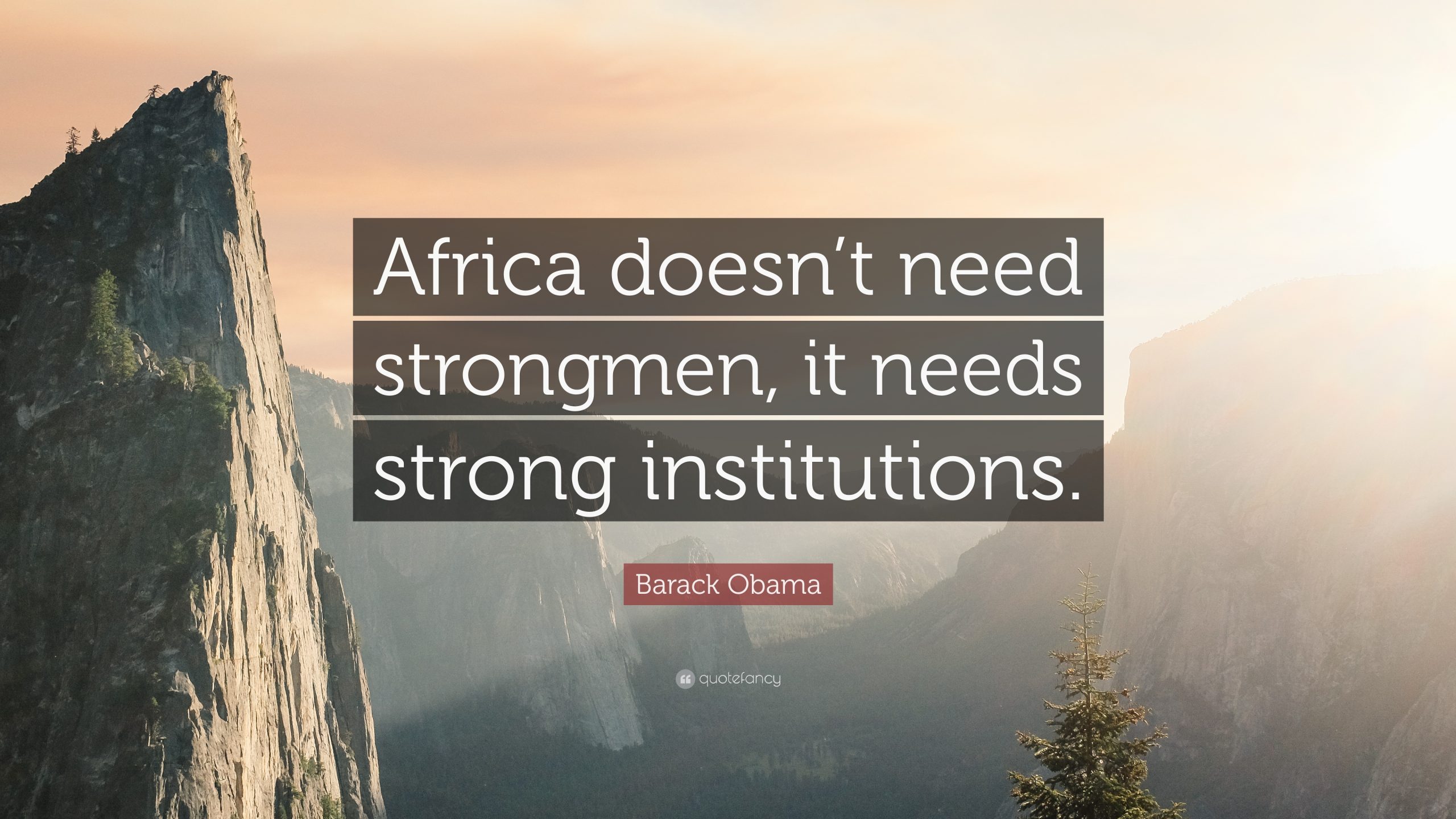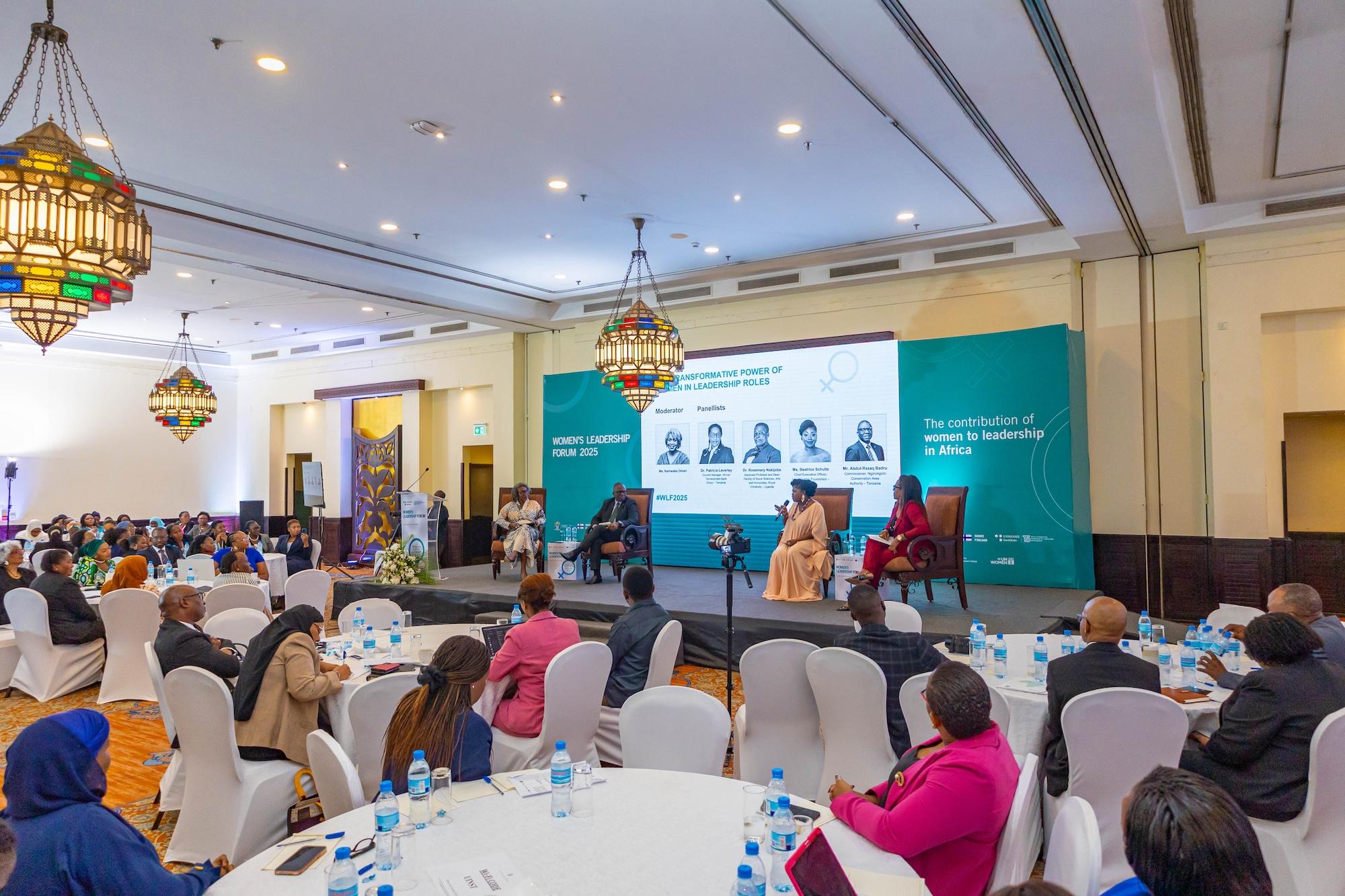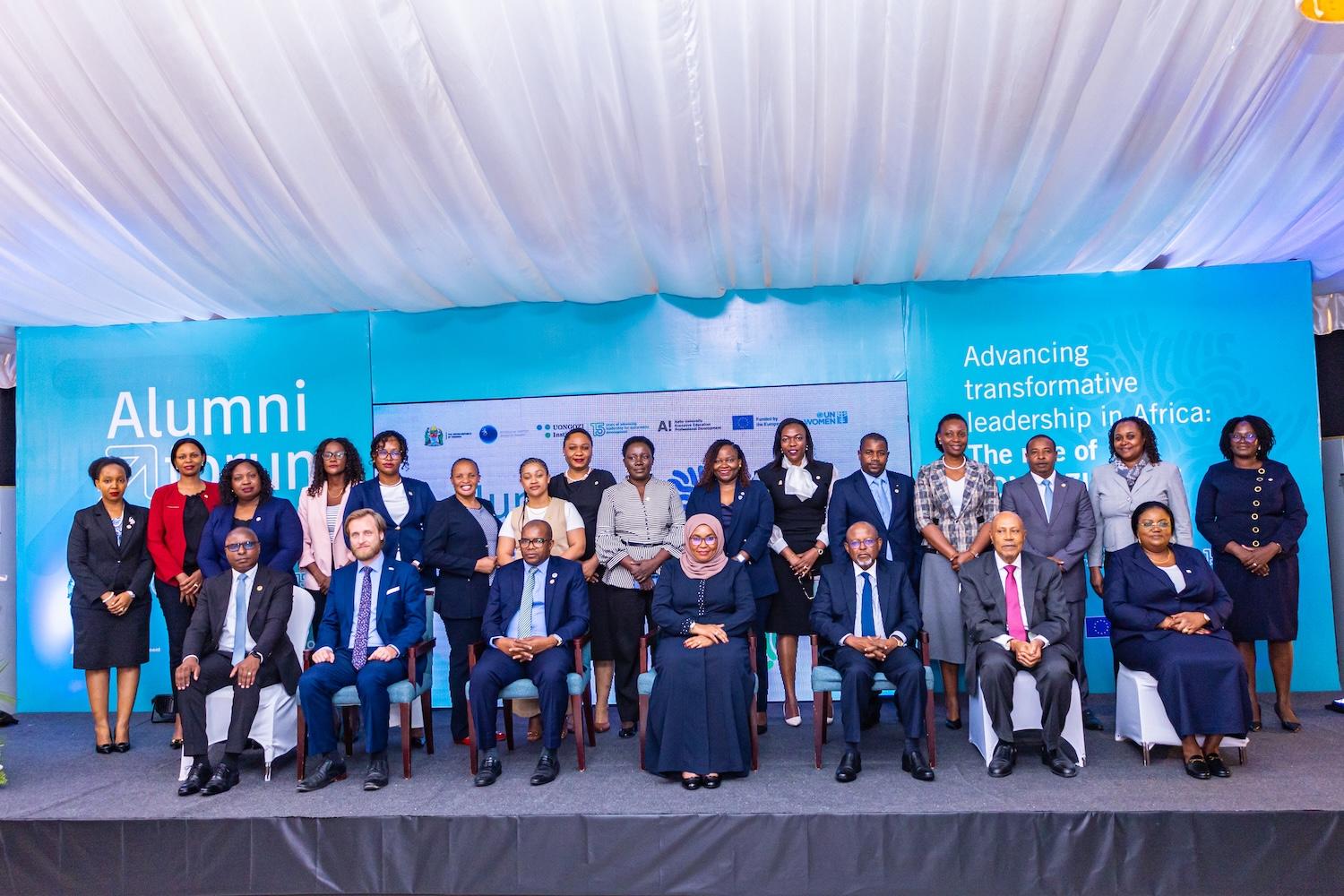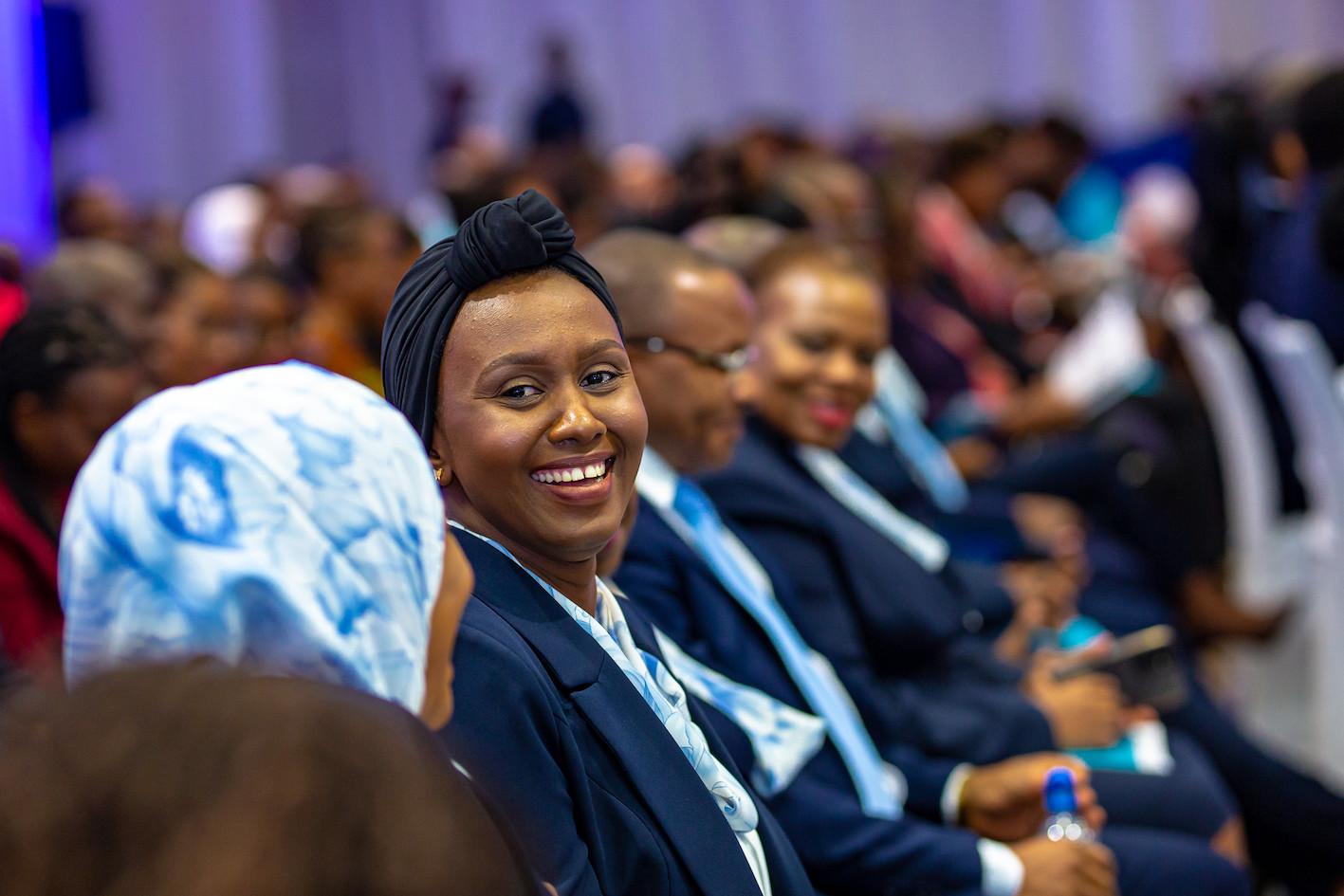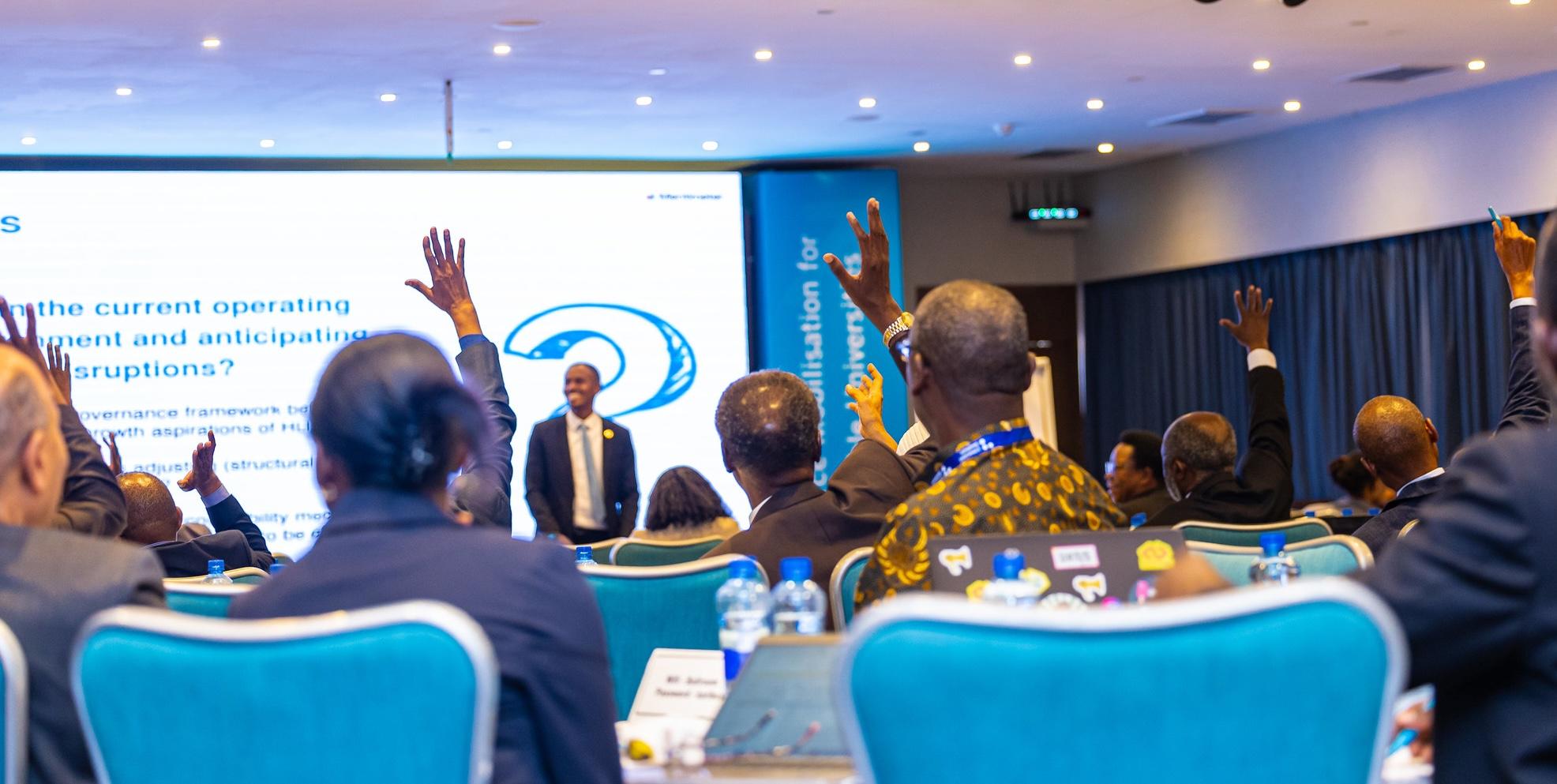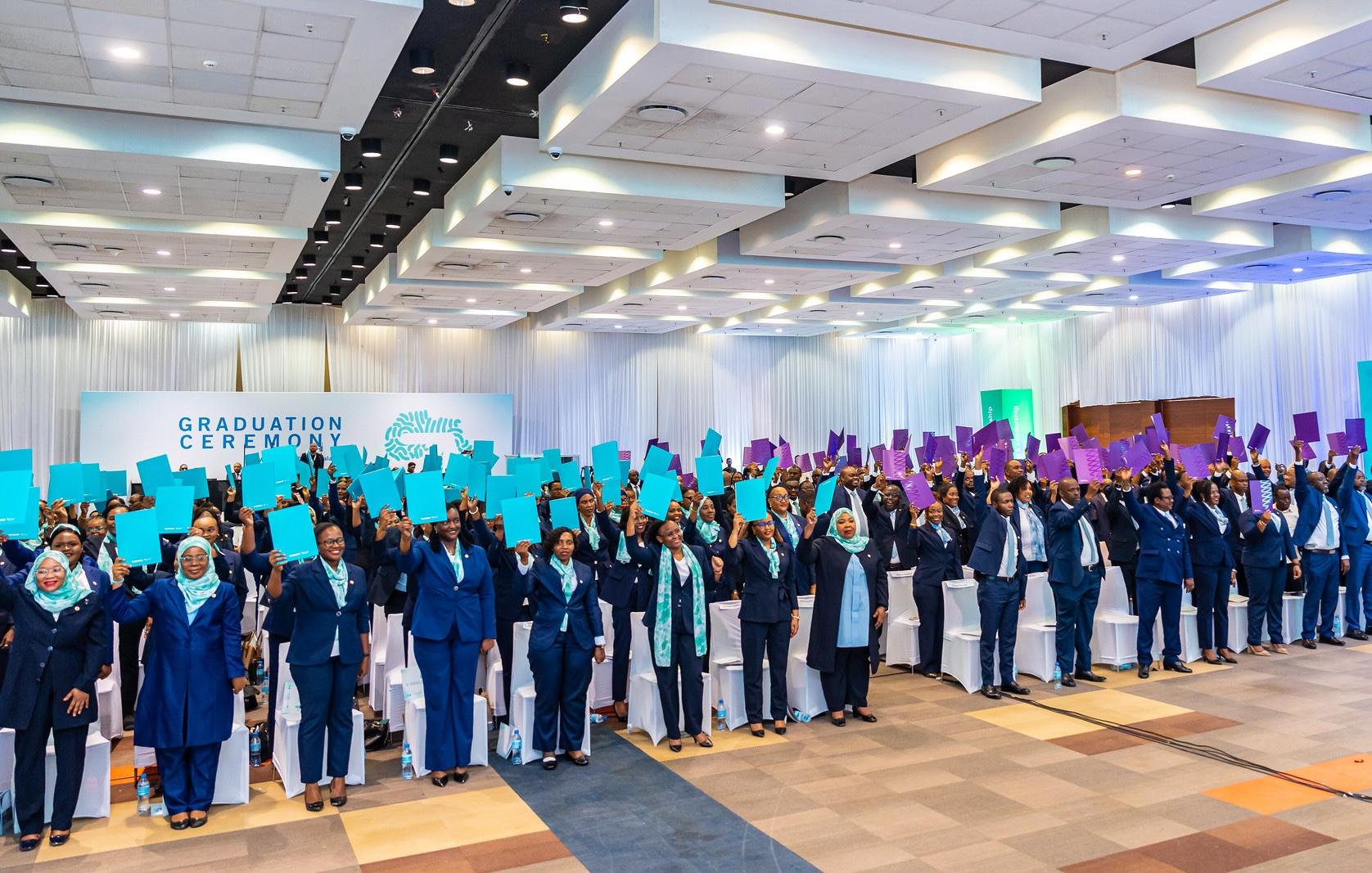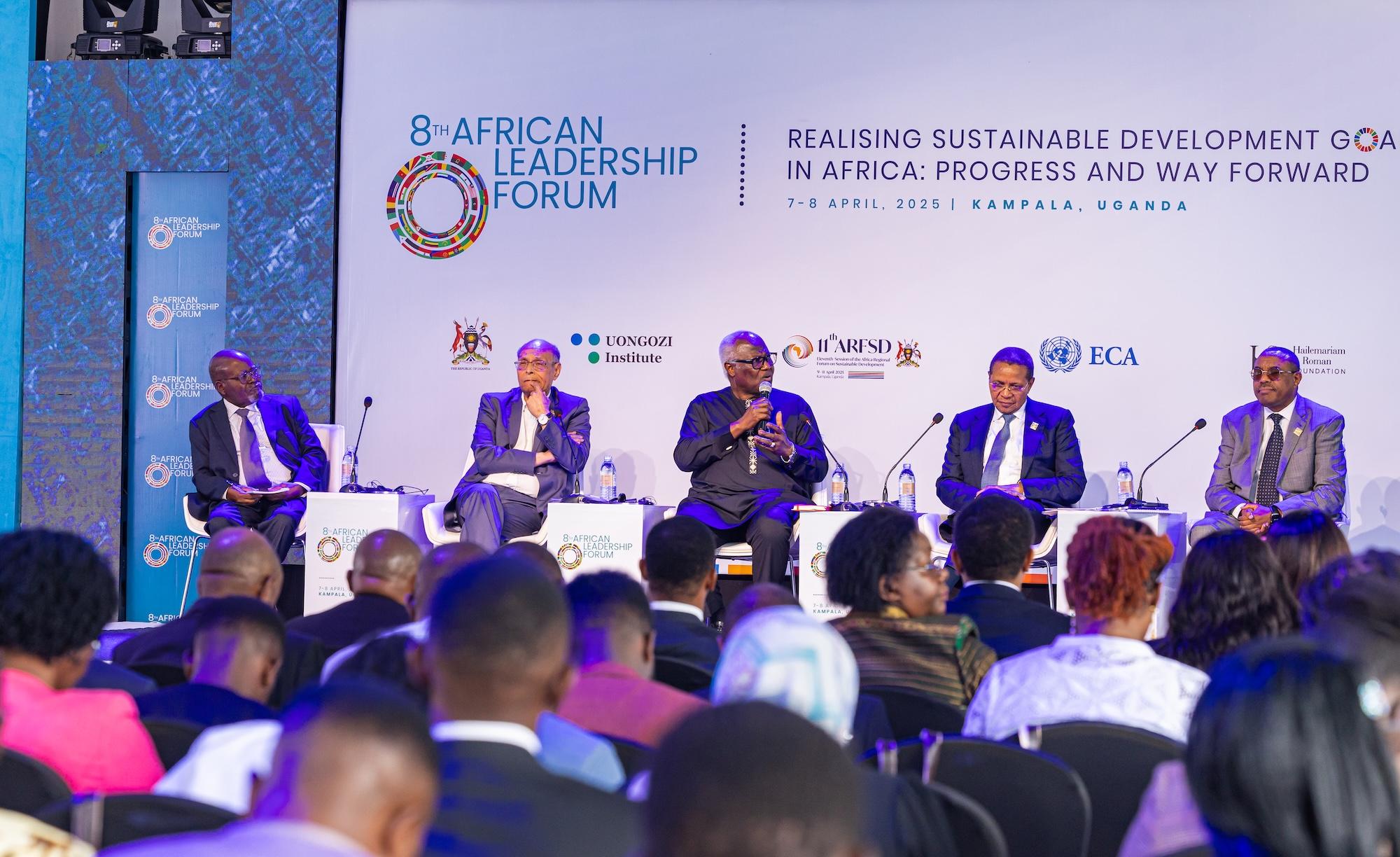By Gwamaka Kifukwe
On 11 July, 2009, the President of the United States of America, Barack Obama, on his first visit to Africa, addressed the Parliament of Ghana and boldly stated:
“Africa doesn’t need strong men, it needs strong institutions”
He was only partially correct. Africa needs both.
That African institutions are weak and need to be nurtured, is unquestionable – but who will develop and nurture them?
In a recent Meet the Leader interview with H.E. Yoweri Museveni argued that the leadership challenge in Africa differs from other parts of the world. Using a nautical metaphor, H.E. Museveni reasoned that while leaders elsewhere in the world are concerned with steering the ship through the stormy seas of change, African leaders are simultaneously building the ship. This is in part, due to African states being still relatively young – emerging only after 1957 (Ghana). It is no surprise that many African states emphasised ‘nation-building’ as the key domestic agenda following independence, in order to undo the deep damage that the colonial experience has done.
The French lawyer and philosopher, Montesqueiu (1689 – 1755), articulates the critical challenge that African states face:
“In the infancy of societies, the chiefs of state shape its institutions; later the institutions shape the chiefs of state”
In other words, Africa needs benevolent strong men in order to build the strong institutions. And by benevolent, I here refer to having the greater good of society at the fore of all of their thoughts and activities. Tragically in Africa, we are all-too-well acquainted with strong-men and -women whom are not benevolent.
Returning to President Obama, the United States of America, the ‘shiny beacon on the hill’, and bastion of the Republican values. The phrase ‘Republican values’ refers to the political ideology that advocates for a political system grounded by the rule of law, the rights of individuals, and the sovereignty of the people – as opposed to feudal monarchies and other political systems. Famously, the American revolution (1763 – 1783, with the Declaration of Independence made in 1776) was grounded on the principle of “No taxation, without representation” and the British American colonies rejecting the rule of the British Parliament without being able to send their own representatives.
However, often overlooked is the fact that the Declaration of Independence was drafted by a “Committee of Five”, consisting of John Adams of Massachusetts, Benjamin Franklin of Pennsylvania, Thomas Jefferson of Virginia, Robert R. Livingston of New York, and Roger Sherman of Connecticut. It was signed by a total fifty-six representatives from each of the thirteen colonies (with a population of roughly 2.5 Million citizens). The ‘American Revolution’ split communities between Loyalists (to the Crown of England) and Patriots (Colonists seeking independence). Since independence, America has had its fair share of strongmen (benevolent and otherwise) that have shaped the development of its present-day institutions. These have evolved as circumstances have changed, but the key early figures such as Alexander Hamilton, Thomas Jefferson, Andrew Jackson, James Madison, Thomas Paine, etc. remain relevant and influential to present day.
Africa is still seeking such benevolent strong men and women to establish, nurture, enhance, and tinker with our institutions. After all, this is the key responsibility and ‘deliverable’ of leaders and of leadership: adjusting our institutions to enable the advancement and prosperity of their societies, in the circumstances they find themselves in.
We have our liberation heroes, our Fathers of the Nation, and a few and other pillars of moral authority and champions of the African cause – however, it is no secret that we clamour for ‘the next generation’ that will deliver ‘Africa’s second liberation’. As long as our institutions remain fragile, we will continue to be more dependent on the benevolence of strong men and women to lend their strength to establishing the permanency of institutions, than for institutions to provide checks and balances to those intent on abusing their positions and abandoning their responsibilities. It is incumbent on our leaders of today and tomorrow, to keep this in mind if our development and transformation are to be successful and sustainable. This will take time.
The African Union recognised this under its third of seven aspirations of the ‘Agenda 2063’ – An African of good governance, democracy, respect for Human Rights, justice and the rule of law. And this challenge is not unique to Africa. Indeed, the Sustainable Development Goals recognise this challenge across the world under Goal 16 – Promote peaceful and inclusive societies for sustainable development, provide access to justice for all and build effective, accountable and inclusive institutions are all levels.
H.E. Museveni correctly summarises the leadership challenge facing Africa. The onus is on African citizens, and African political parties, to prepare and elect appropriate representatives that we believe can deliver sustainable solutions to the challenges facing the continent. These solutions in turn, will provide the foundations for the next generation of leaders to develop and guide as they encounter the emerging and future challenges of the future.
